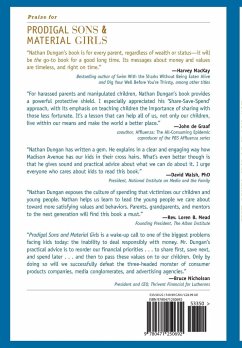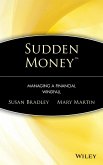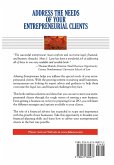"I want it, and I want it now!" "But, Mom, everyone else has one!" "Dad, can I please have it? It will make me so happy!" If these phrases sound familiar, don't fret; you're not alone. In today's possession-crazed society, the average child has unrealistic expectations about money, and expensive taste! From the preschooler who begs for another toy to the college student who graduates buried in $10,000 of credit card debt, today's youth lack a sense of financial responsibility. The old-time values of sacrifice, thrift, and satisfaction have been swept aside, replaced by a need for more and pricier possessions. Luckily, as a parent, you're in a position to influence and shape your child's financial habits, and Prodigal Sons and Material Girls: How Not to Be Your Child's ATM has been written to help you on this long and sometimes arduous journey. Within this book, author Nathan Dungan--an expert on family finances and the effects of mass marketing on young people--shares the numerous lessons he's learned as a long-time financial advisor on this topic. By blending real-world stories with the tools and techniques needed to teach your children the real value of money, Dungan offers a practical road map for instilling within your children a sense of financial responsibility that will last a lifetime. Prodigal Sons and Material Girls is divided into two comprehensive parts. Part I outlines the disturbing facts about America's possession-crazed youth and the consumer-oriented society that has distorted their views. You'll be introduced to everything from the "three-headed monster"--a high-powered triumvirate of consumer product companies, media conglomerates, and advertising agencies that has a tremendous influence over your children--to the distorted view of the American Dream as shaped by principles known as "The Teen Commandments." In learning what you're up against, you can teach financial responsibility from a position of strength. In Part II, Dungan offers creative and convincing examples on how to leverage his highly successful "Share-Save-Spend" approach to money--critical elements for you to help your children break free from the materialism that has become ingrained in our society. Through insightful anecdotes and simple exercises, you will learn how to: * Talk to your children about money * Understand the difference between wants and needs * Increase the probability of your children having a prosperous life * Raise your children's marketing IQ * Maintain healthy financial boundaries * Set a positive example for your children to follow The "Share-Save-Spend" method will help your children establish healthy financial habits and will undoubtedly become their foundation for making a lifetime of responsible financial decisions. To sign up for Nathan Dungan's monthly Share-Save-Spend tips, please visit his Web site at www.sharesavespend.com. A portion of the author's proceeds will be donated to charitable causes.








